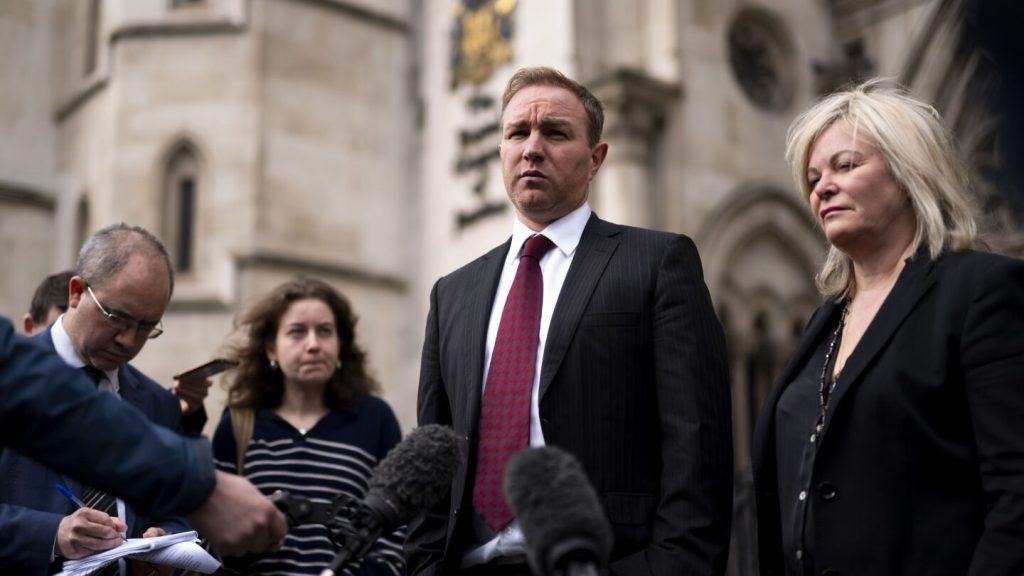British financial trader Tom Hayes lost his appeal to have his conviction for manipulating the London Inter-Bank Offered Rate (LIBOR) quashed. Hayes, who was described as the ringleader in the manipulation of the key interest rate, was the first person to be found guilty of this offense in 2015. He served half of his 11-year sentence before being released in 2021, and was also convicted in a U.S. court in 2016. Hayes has maintained his innocence throughout the process. Former Barclays trader Carlo Palombo, who was convicted of manipulating Euribor, the euro currency zone’s equivalent to LIBOR, also had his case referred to the U.K.’s Court of Appeal by the Criminal Cases Review Commission.
The appeal of the two cases came after a U.S. court decision in 2022 overturned similar convictions of two former Deutsche Bank traders. During a three-day hearing in London, the lawyers for Hayes and Palombo argued that their convictions were unsafe and should be quashed. The Serious Fraud Office, which investigates potential financial crimes, opposed the appeals and stated that no one is above the law. Following the ruling by three appeals judges, Hayes expressed shock and announced his intention to take his case to the Supreme Court within 14 days. He maintained that he is a fighter and not a quitter, and highlighted inconsistencies with laws in other countries such as France, Germany, and the U.S.
LIBOR was a critical rate used by banks to borrow from each other, impacting the cost of loans for consumers buying homes or cars. The rate was an interest rate average calculated from figures submitted by a panel of leading banks in London. The scandal surrounding LIBOR emerged in 2012 when banks were accused of submitting fake numbers to manipulate the rate in their favor. The phasing out of LIBOR in recent years was partly due to its role in exacerbating the 2008 financial crisis. Hayes’ conviction for manipulating LIBOR shed light on the unethical practices in the banking industry and the impact on global financial markets.
Hayes has maintained his innocence throughout the legal proceedings and continues to fight against his conviction. The manipulation of key interest rates such as LIBOR and Euribor has had far-reaching consequences, affecting the cost of borrowing for individuals and institutions. The overturning of similar convictions in the U.S. raises questions about the validity of Hayes and Palombo’s convictions in the U.K. The complexity of financial crimes and their impact on the economy highlight the need for robust oversight and regulation in the banking sector. The ruling by the appeals court reaffirms the seriousness of financial fraud and the need for accountability in the industry. Hayes’ ongoing legal battle underscores the challenges of prosecuting individuals involved in complex financial schemes.


